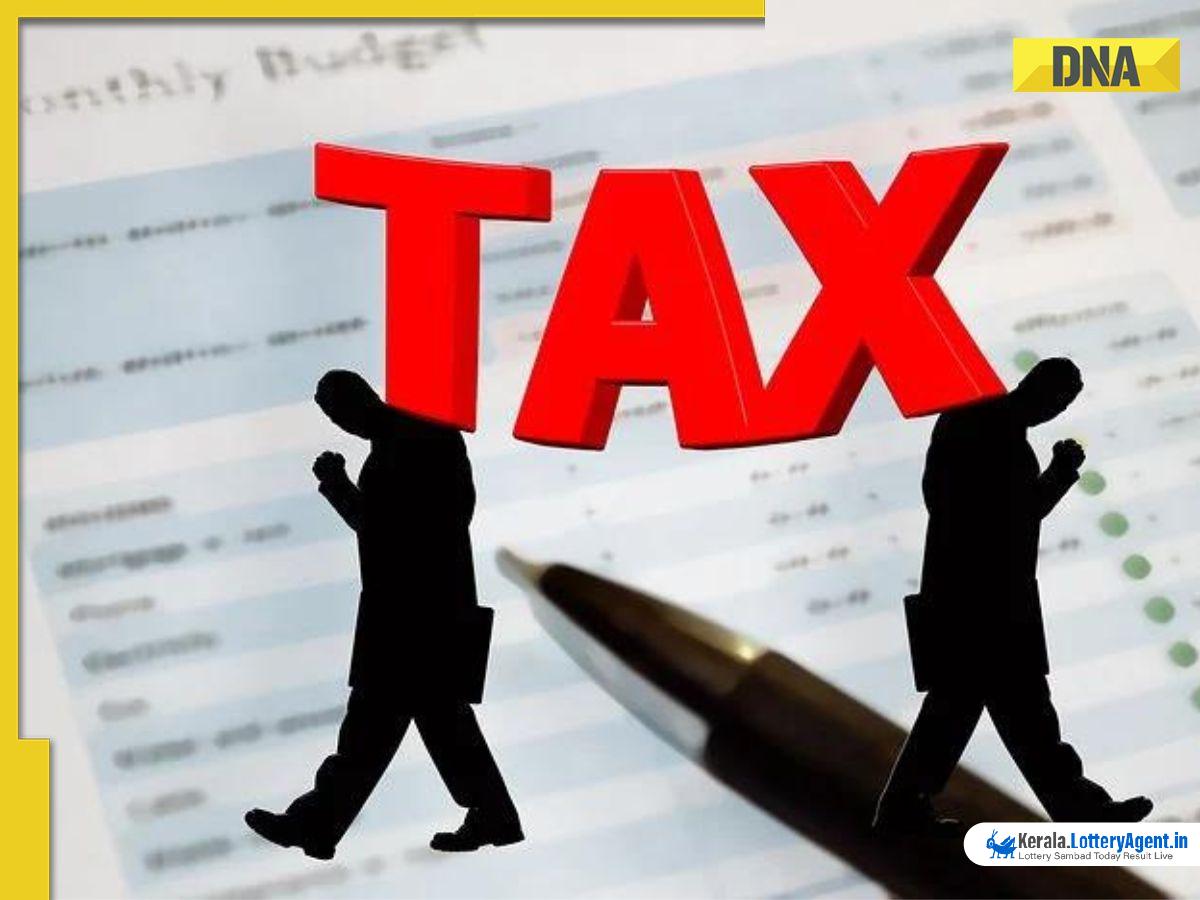
Income tax is a tax levied by the Government of India on the income of every individual or entity. Governed by the Income-tax Act, 1961, the provisions concerning income tax in India are elaborate and meticulous. Whether one is a natural or an artificial person, if earning an income, they are liable to pay income tax unless exempted by law.
If you are fortunate enough to win a lottery or prize money in a competition in India, it becomes crucial to be aware that such winnings are subject to taxation. Unlike other forms of income that may fall under varying tax brackets, lottery and prize money winnings are uniformly taxed at a flat rate of 30%. This flat rate is applicable to both resident and non-resident winners, thereby bringing into its ambit almost all individuals eligible for such winnings.
One must keep in mind that the organisation responsible for dispensing prizes or lottery winnings has the onus of deducting the tax at the source. As a result, the winners receive their prize money only after the tax has been deducted at the appropriate rate. The deducted tax is then deposited with the government by the organisation.
Section 194B of the Indian Income Tax Act, 1961, specifically deals with Tax Deducted at Source (TDS) on various types of winnings. These include but are not limited to lottery winnings, card game winnings, TV programme winnings, crossword puzzle winnings, and other forms of prize winnings. The act mandates that if the rewards exceed Rs. 10,000, the payer must deduct TDS at a rate of 30%. This rate is even higher when a surcharge and cess are added, effectively raising the TDS to 31.2%.
Adherence to tax regulations is of utmost importance to avoid penalties and other lawful consequences. All such prize money or lottery winnings are classified under the income heading “Income from Other Sources” for taxation purposes. Should an individual neglect to fulfill their tax obligations by either not declaring such income or not paying the due taxes, they may face severe financial penalties and legal consequences.
. Hence, it is wise to consult a qualified tax professional who can provide tailored advice based on your specific circumstance.
The Government of India employs three main methods to collect income tax: taxes deducted at source (TDS) from the recipient’s income, taxes collected at source (TCS), and voluntary payments made by taxpayers into designated banks known as Advance Tax and Self-Assessment Tax. The underlying legal framework makes it a constitutional obligation for every individual earning any form of income to accurately compute their income and pay the necessary taxes.
Beyond just deducting TDS, the act provides specific provisions for various deductions, exemptions, and rebates. These can play a crucial role in an individual’s overall tax planning strategy. For instance, even though the flat rate of 30% applies, the integration of such income into one’s total income can bring different benefits, challenges, or even additional tax liabilities, depending on other incomes and investments.
Moreover, various amendments and notifications from time to time adjust these tax regulations to better fit the economic conditions of the country. Keeping abreast of these changes can also provide crucial insights into optimizing one’s tax payments. For instance, surcharges and health and education cess can alter the effective tax rate on such winnings, as seen in the rise to 31.2% after the surcharge and cess are added.
The taxation regulations concerning lottery and prize winnings are designed to ensure that the government gets its due share. This ensures that individuals who benefit from such windfalls contribute fairly to the public exchequer. These rules also provide a level playing field, ensuring that all winners, irrespective of their residential status, pay an equal rate of tax on their lottery or prize winnings.
In conclusion, winning a lottery or prize money in India brings with it not just joy but also a set of tax obligations that must be adhered to diligently. Missteps can lead to financial and legal troubles. Therefore, it is crucial to understand and comply with these tax requirements fully. Consulting a tax professional can make the process smoother and ensure that you meet all legal and financial obligations. Understanding these nuances can help you better manage your finances and enjoy your winnings without worry.












